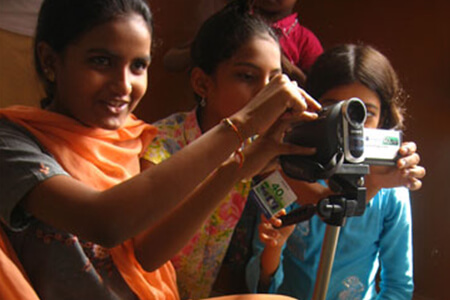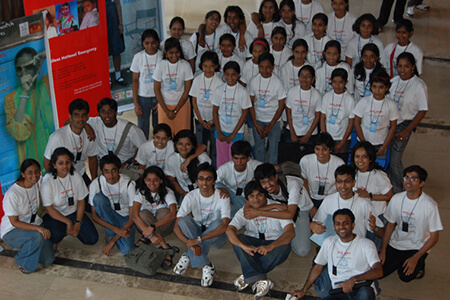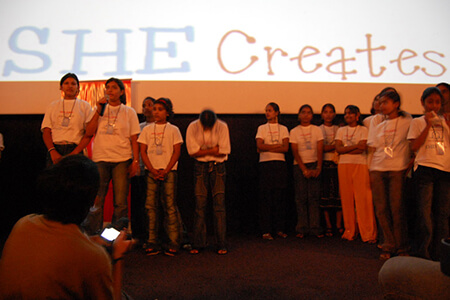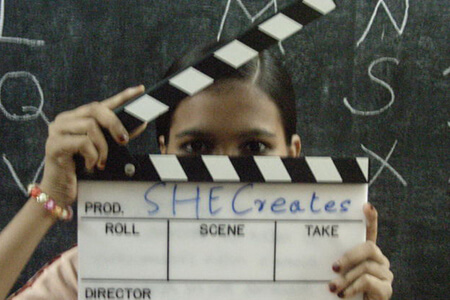
Media Advocacy Initiatives
Laadli advocacy initiatives open up channels of communication, dialogue and negotiation through various innovative approaches using the existing communication opportunities. The focus is on mainstreaming change into the organizations and institutions, not on creating parallel programmes and campaigns.
The Laadli story has been replete with challenges and successes. Whether it was changing Governmental legislation or peoples mind-sets, nothing is easy. Change comes gradually, and with great difficulty. And the Laadli team has steadfastly chipped away, on this huge yet critical job it has cut out for itself...
Long before Nirbhaya' was christened in India, a movement had begun in the country. And in the course of its 10-year existence, among other things, the movement has slowly and steadily impacted the industry... Laadli's efforts have contributed in their own way towards nurturing the gender sensitivity we see in ads today.
The media is where the perception begins and Laadli has been working with media organizations and ad agencies to change the way girls and women are perceived through films, TV and ad campaigns
During our interaction with faculty and students of Journalism colleges as well as working journalists we realized that there was not much focus on developing a gender perspective in the curriculum. Nor are there any in-service training programmes focusing on Gender Sensitivity as a core value of media reporting and programming. To fill this important gap in the perspective and skill development of media persons Laadli Gender and Media Workshops were envisaged.
The intense two-day residential theatre based workshops for working journalists and media students aim to create a gender perspective among the media persons. The workshops provide the participants the space to explore their own gender perceptions, prejudices and behaviours. It also provides them insights on overcoming the same to build more inclusive workplaces as well as pursue gender sensitive reporting. The workshops are conducted using the Theatre of Relevance techniques by Mr. Manjul Bhardwaj.
Till date around 100 workshops have been conducted across the country covering around 3500 journalists.
Fund & Support: If you wish to organize or support gender media workshops for students or working journalists, please ContactUs.



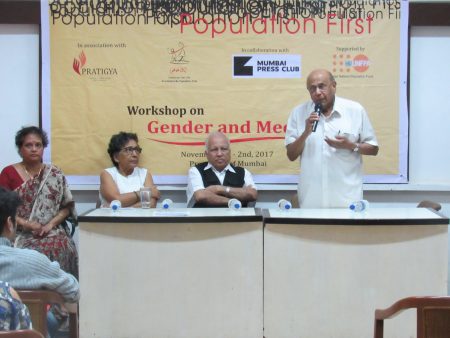
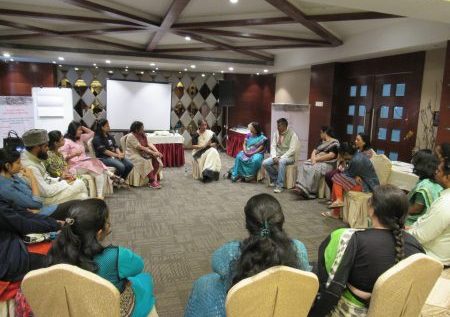
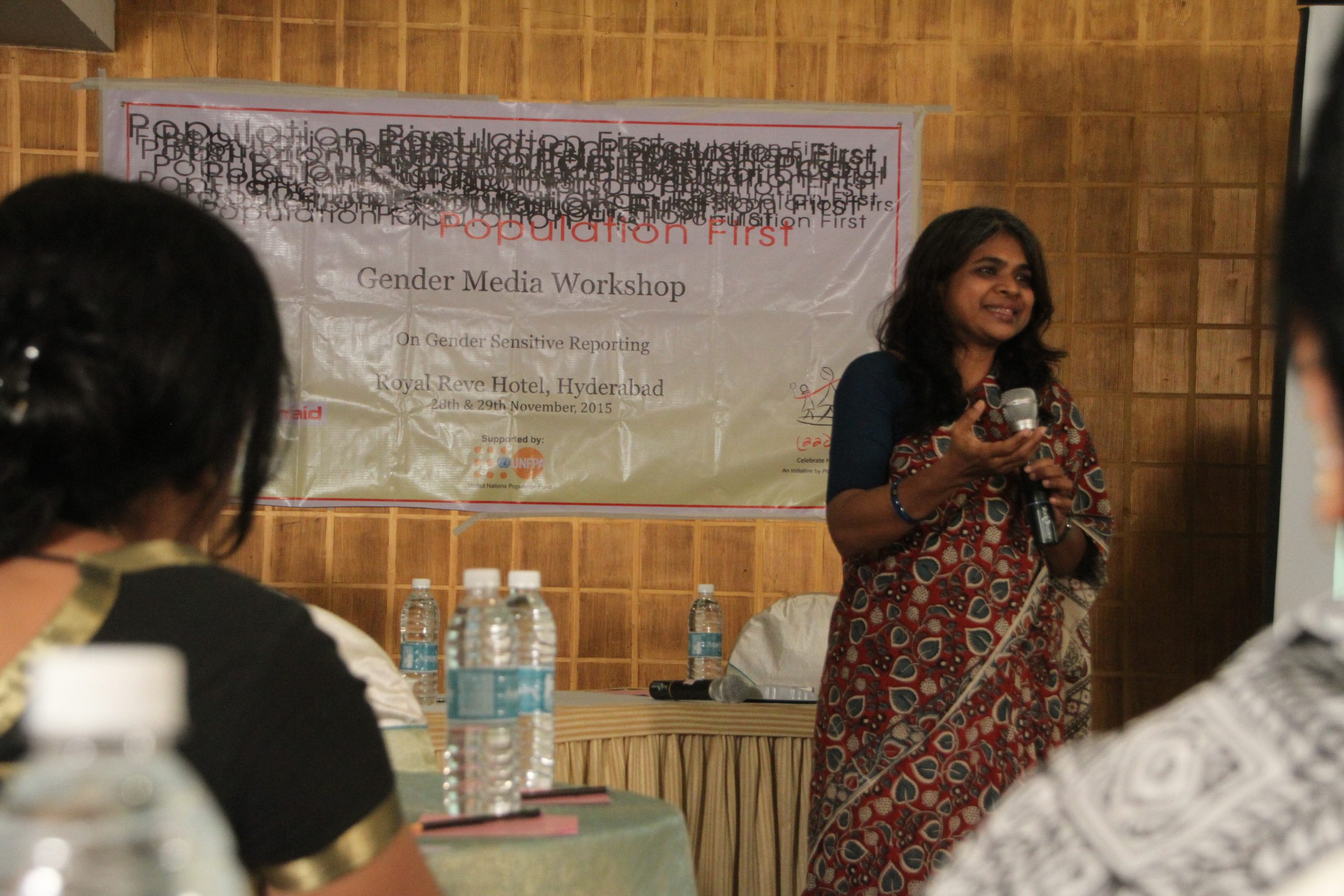
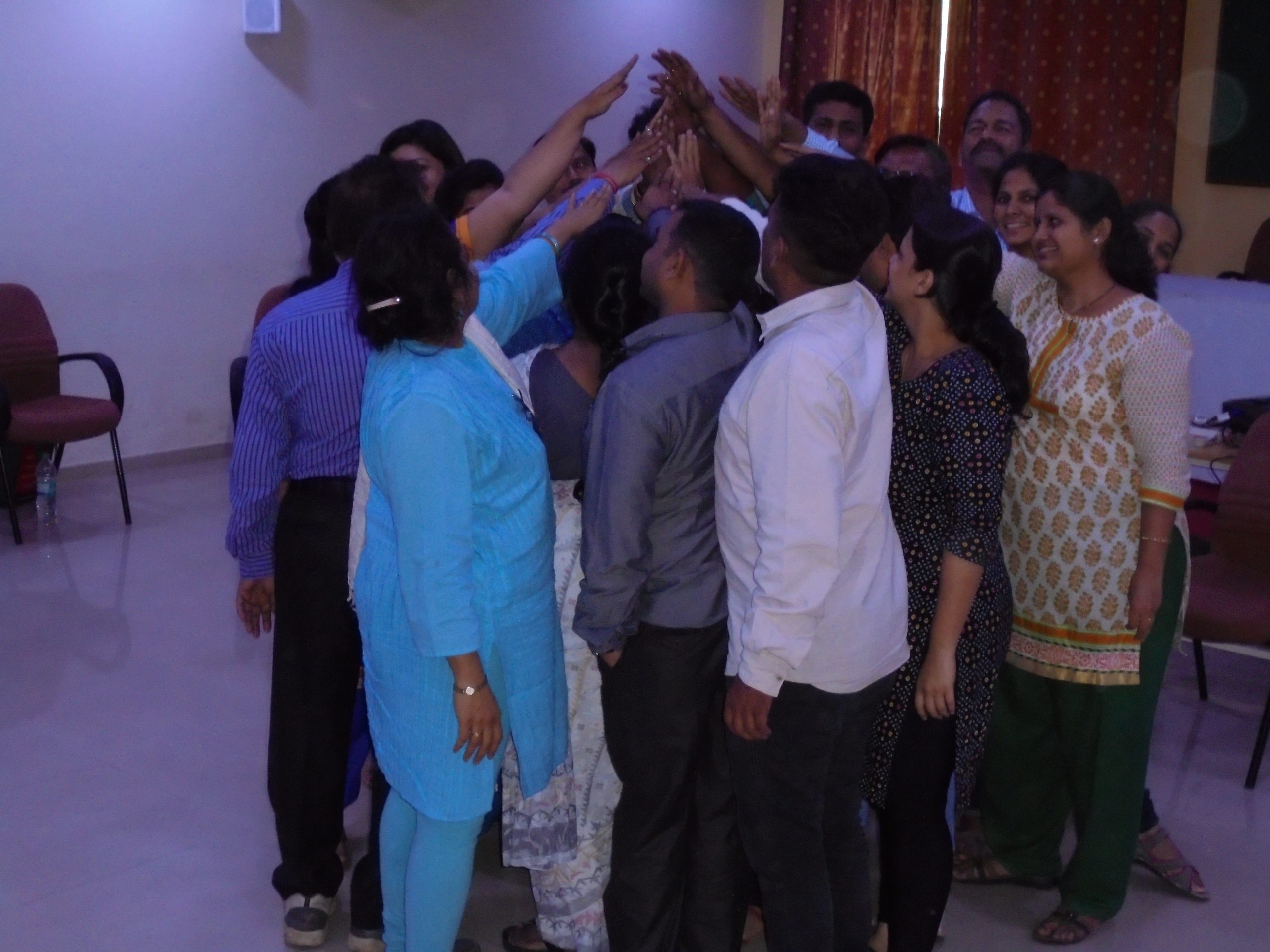
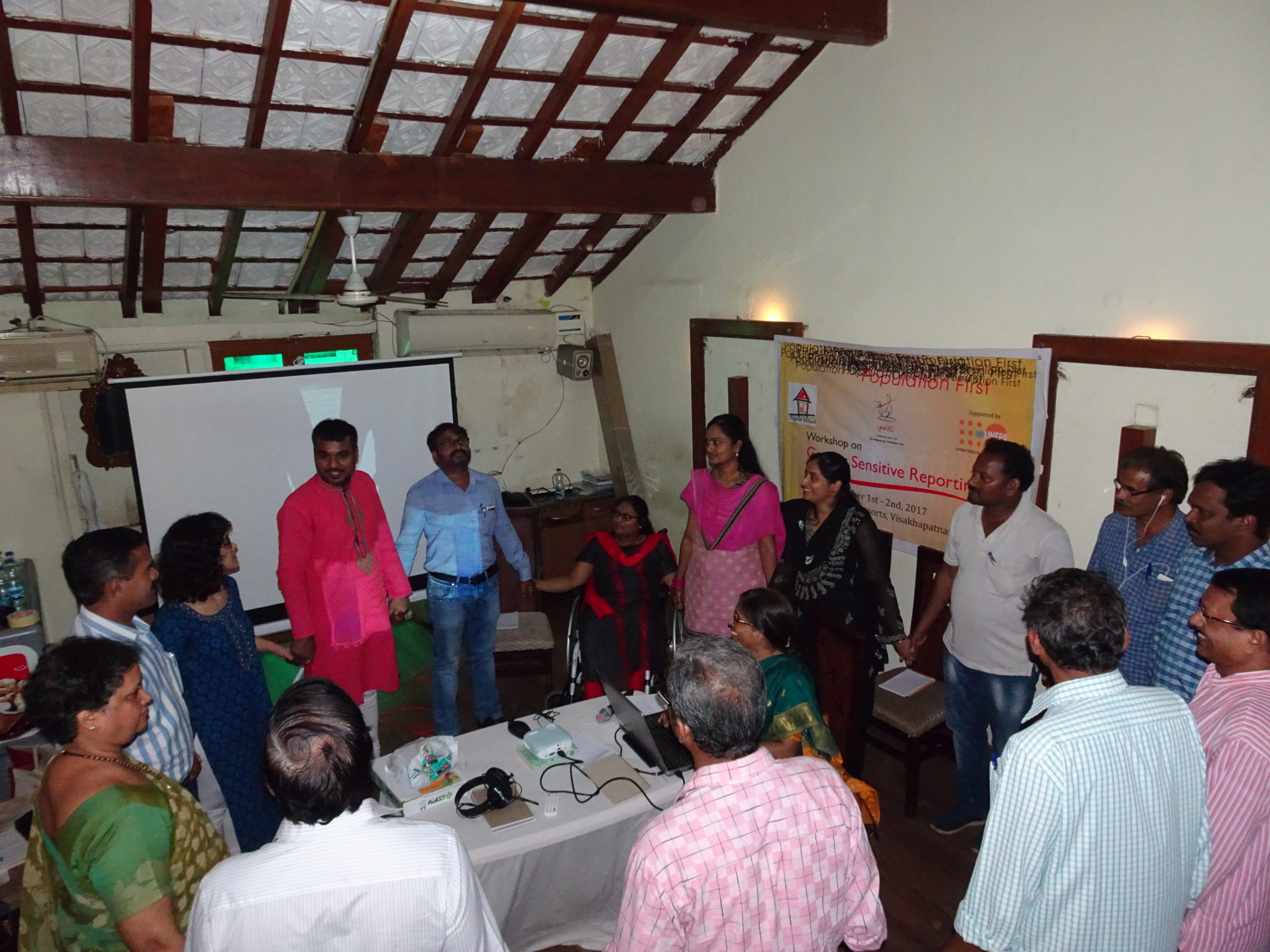
Laadli Media Fellowship
for Journalists
The objective of Laadli Media Advocacy is not just to promote greater visibility of women and women’s issues in media but also to promote a perspective that looks at social, political and economic issues from a gender perspective. It emphasises that men and women are differentially entitled and impacted by the institutions and environment and it is important that those linkages are unravelled. However, adequate resources as well as time are not allocated by the media houses and media persons to pursue such issues.
The Laadli Media Fellowships were instituted with the support of UNFPA in the year 2011 to encourage journalists to cover stories on specific issues which they may not be covering in their regular routine reporting. The selected fellows are drawn from a pool of applicants whose reporting explores a wide-range of subjects from a gender perspective.
The topics covered so far include - Pre-birth sex selection, issues related to safe abortion, women and politics, women and disability and issues related to transgender persons. This year the themes under which the applications were sought are gender and patriarchy, gender and climate change, gender and disability, gender and digital divide.
The initiative this year is supported by UNFPA India.
Meet our Fellows this year.
Aishwarya Tripathi - Gaon Connection - English - Unnao, Uttar Pradesh
Maitreyee Boruah - The Federal - English - Bengaluru, Karnataka
Monalisa Patsani - The News Hashtag - English - Khurda, Odisha
Ratna Bharali Talukdar - www.nezine.com - English & Assamese - Guwahati, Assam
Renuka Kalpana - The New Indian Express - English - Hyderabad, Telengana
Rehana Kousar - JK Press Service, lazawal.com, JK Press Service, and Urdu.pratilipi.com - Urdu and English - Poonch, Jammu and Kashmir
Remya K H - Matrubhumi.com - Malayalam - Kozhikode, Kerala
Shailaja Tiwale - www.maxmaharashtra.com - Marathi - Thane, Maharashtra
Sonal Kellogg - shethepeople.tv - English - Ahmedabad, Gujarat
Swati Shaiwal Sharma - Down to Earth and Web Dunia - Hindi - Indore, Madhya Pradesh
Click to read fellowship stories
Click Here
Click for Press Release
Click Here
Click for Press Release
Click Here
Click here to read the E-book
Click Here
Click here to read the 2021 E-book
Click Here
Fund & Support: If you wish to organize or support gender media workshops for students or working journalists, please Contact Us
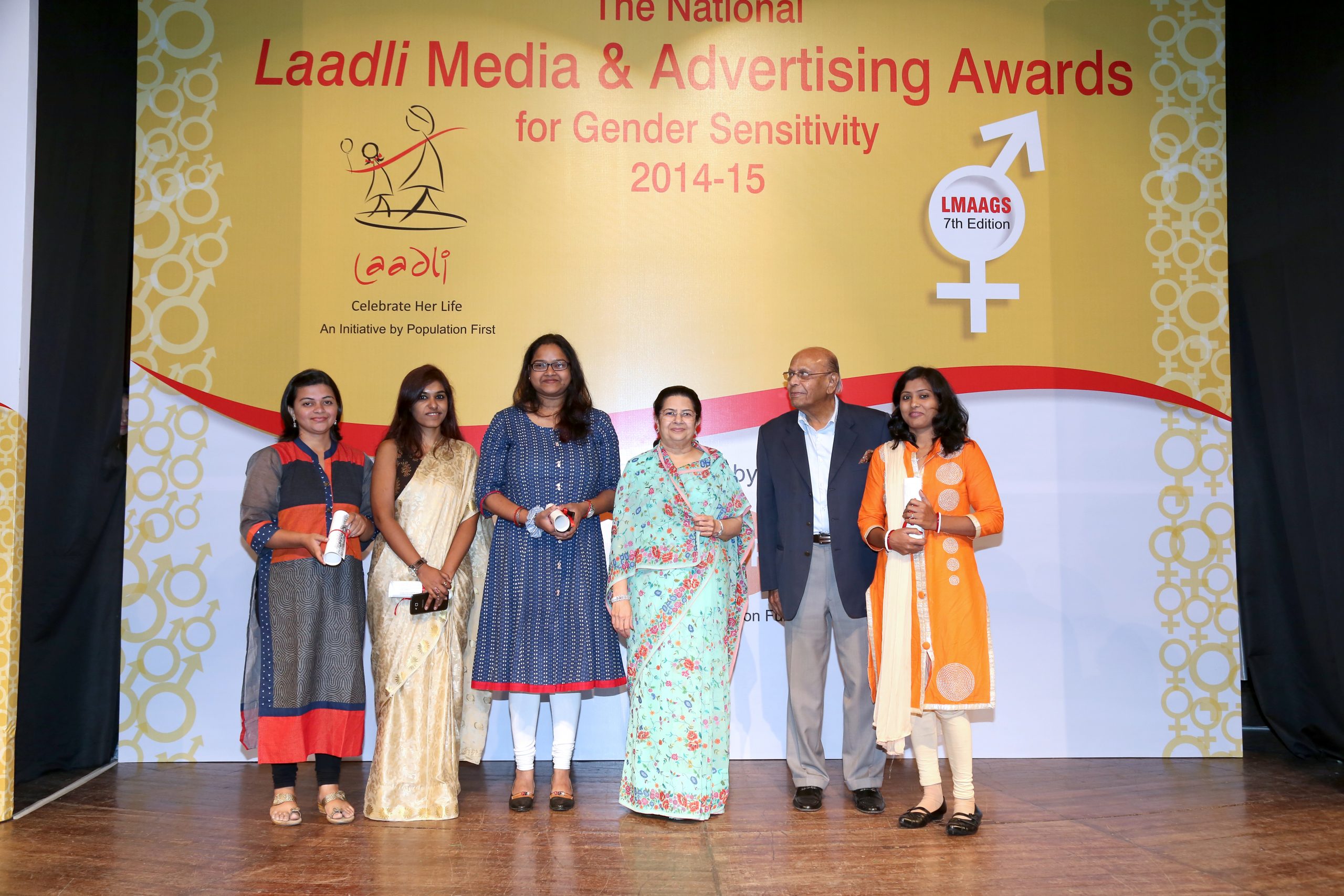


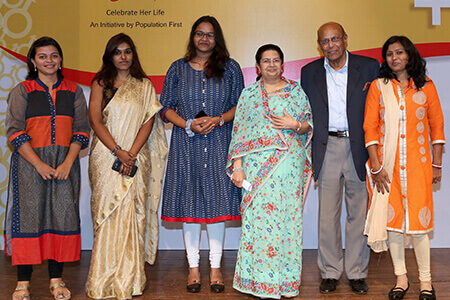


Advocacy with Advertising,
Film and TV Professionals
General Entertainment channels, films as well as advertisements have tremendous influence on viewers, often shaping their behaviours and perspectives and, influencing their choices. It is important, therefore, to be conscious about the nuances of the communication and the messaging that is used. Changing the gender narratives in these media is crucial for challenging gender stereotypes and redefining gender roles.
Our advocacy with Ad Agencies, on Gender Nuanced Advertising started back in 2008 after which there has been a continued engagement with creative teams of leading ad agencies like JWT, Lowe Lintas and Leo Burnett.
Our advocacy is also instrumental in introducing an ABBY for Gender Sensitivity at the Goa Fest in 2016.
Media Leaders Consultations
and Editors Meet
Consultations with Creative Directors and Scriptwriters
Considering the wide impact of cinema, TV and advertisements, it is very important to be conscious of the nuances of their communication and their influence on the mind set of people. Population First in collaboration with Script Writers Association of India (SWA) has conducted workshops and panel discussions with leaders from the web, films and electronic media to address the stereotyping and portrayal of women and men in media.
The objective of the consultations was to reach a middle ground where creative directors and scriptwriters could accept responsibility for portraying women in a realistic manner without abandoning their primary objective, which is to boost television ratings for their
shows
Editors Meets
The content in the newspapers and the electronic channels is determined by the editorial priorities. Therefore, there is a need to engage the senior leaders in a conversation to understand the constraints and opportunities available to focus on gender issues in the media. One-on-one interactions as well as consultations are organized on a regular basis as part of the ongoing advocacy process.
Engagement with Media Houses: Population First has been closely engaging with Sony GEC and Door Darshan in collaboration with Centre Media Studies and UNICEF, conducting workshops, disseminating gender guidelines and reviewing the content for gender sensitivity.
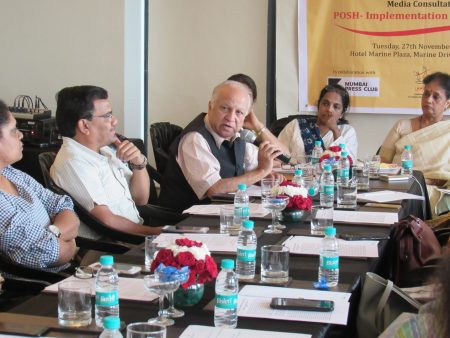
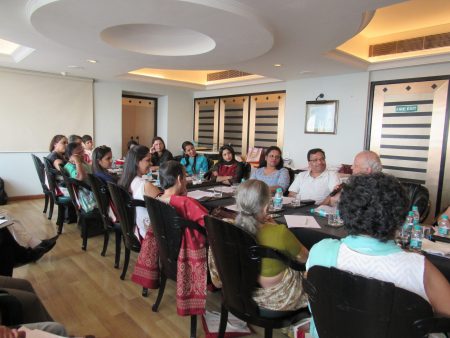
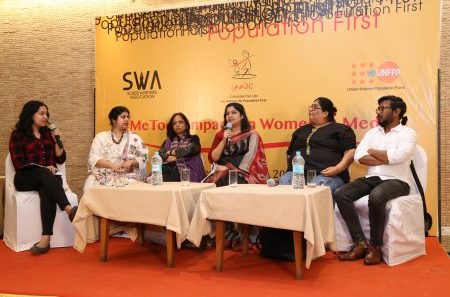
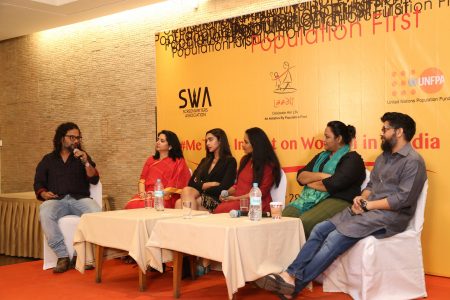

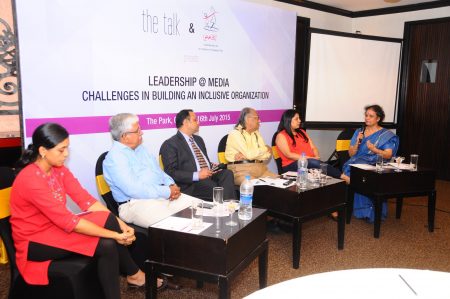
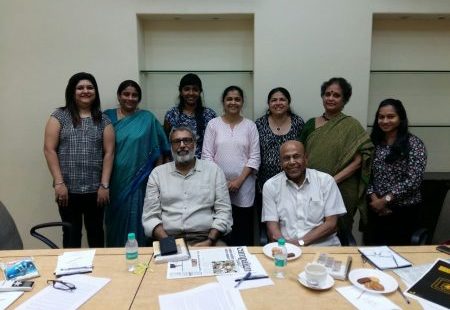
Advocacy with Government
Communication Officials
Though the government spends large amounts of money on social communication, unfortunately, most of the communication is often as gendered and stereotypical as any other communication. Workshops were conducted by Population First for the IEC (Information, Education and Communication) officials of various states to develop an understanding of gender sensitive communication, particularly while addressing pre-birth sex selection.
The State IEC’s are in a hurry to prepare and disseminate the communication material and do not pay attention to the quality of the material in terms of gender sensitivity and creativity. The workshop has provided an opportunity to appreciate the need to improve the communication
Laadli Media and
Advertising Awards
The Laadli Media and Advertising Awards for Gender Sensitivity (LMAAGS) are a one of its kind awards - that honour, recognize and celebrate the efforts of those in media and advertising - who through their work highlight gender concerns.
Launched in 2007, the United Nations Population Fund (UNFPA) joined and supported Population First, a year later to make them a pan-India event. In 2017, with the support of IAA (India Chapter) the awards were elevated to international level, covering Sri Lanka, Pakistan, Bangladesh, Nepal and Mauritius. The awards are branded as the South Asia Laadli Media and Advertising Awards for Gender Sensitivity. (SALMAAGS)
Awards are presented across 28 States and 7 Union territories of India, covering 15 languages. Four Regional Awards and one National Award events are organized at each edition of the Awards. Close to 300 of the most distinguished names in Advertising, Film and Media have been part of our jury since 2007. Around 1200 awards have been presented so far.
Media icons and artistes from across India have supported the Laadli campaign through their creative engagement with the events. Stalwarts like Usha Uthup, Shubha Mudgal, Taufiq Qureshi, Anuradha Pal, Mallika Sarabhai, Shovana Narayan, among many others, have supported the cause of Laadli, through their performances.
Laadli Media Awards are not stand alone events. They represent the culmination of a year-long advocacy which starts with the widespread dissemination of the call for entries clearly delineating what is gender sensitive writing. Besides directly contacting media persons, media networks and websites are also used to reach out to media and advertising professionals. Press conferences are held in all the major cities to announce the call for entries. Language specific jury meetings are held in different cities to engage the local media leaders and cultural icons in the process of selection of winning entries thus creating a pool of opinion leaders who promote gender sensitivity in media.
To know more about the various editions of our awards please visit our Resources.
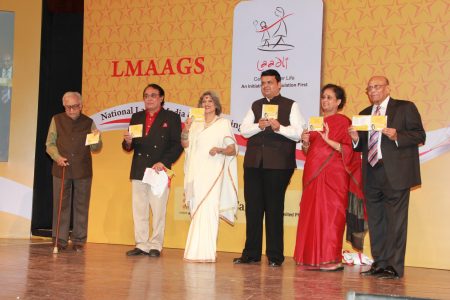
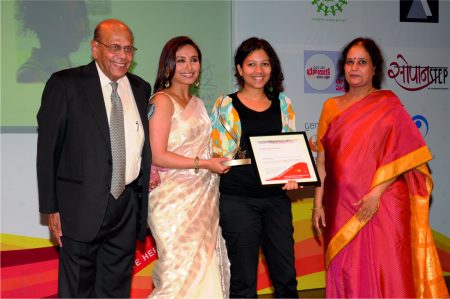




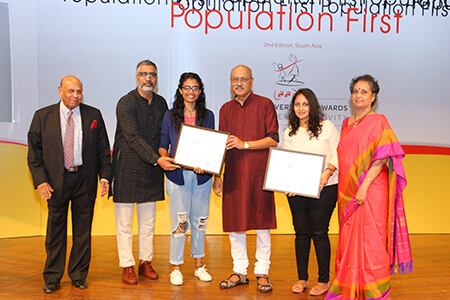

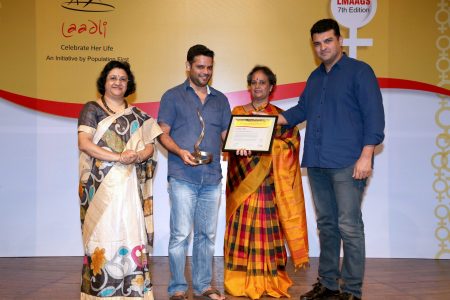
Population First believes in constant engagement with the society and has created various innovative campaigns to interact and create awareness; be it our Million Signature Campaign where 60,000 people signed a petition demanding strict implementation of PCPNDT Act in the State of Maharashtra, creating awareness about the falling sex ratio which led to the then Shri. Suresh Shetty, Hon. Minister of Health, initiating action on many of the demands, or flash mobs when they were not a thing yet.
On September 24th 2005, we conducted India’s first flash mob where 1700 college students wearing Laadli T-shirts and caps were out on the streets organizing Flash Mobs to create awareness about the issue of pre-birth sex selection. The Flash Mob was conducted in 40 busy locations like railway stations, malls and markets to maximize its reach.
And as the years passed and social media became increasingly the lingua franca of the new generation we organized a Social Media “iamLaadli” Campaign in 2013, "iamLaadli": where everyone from Twitterati to common folk were encouraged to put up ‘iamLaadli’ badge on their social media posts like Twitter and Facebook.
We were also the first to have organized the first Twitter Flash Mob where Twitteretti used the hashtag #iamLaadli exactly at 8 PM to tweet about girl child issues. Multiple tweets with #iamLaadli were registered and in a matter of 30 minutes, #iamLaadli was 'trending'.
In association with MAM Movies, we developed our She Creates initiative where young girls from the slums of Mumbai came together under this campaign and expressed their dreams and vows through an audio visual medium. They created a number of small films through which they told the world, stories about their lives and how desperately they want to break free of the social mould.



